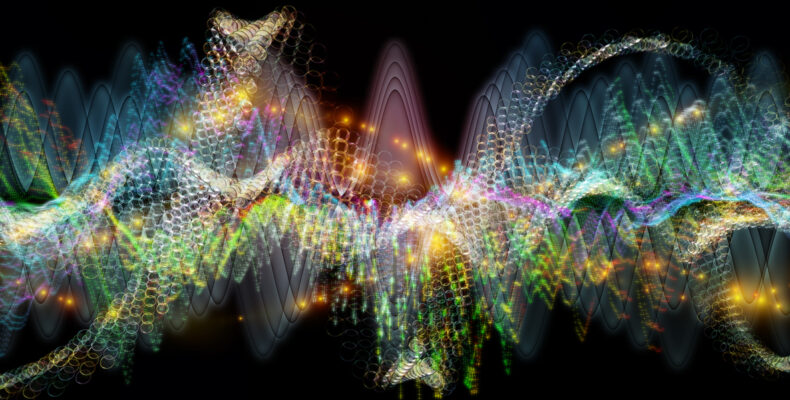
Beyond EPAIL? UK Supreme Court grants leave to appeal for AI music recommender system
Emotional Perception AI Ltd (EPAIL) have been granted leave to appeal by the UK Supreme Court. This follows a series of appeals through the UK courts starting from the refusal, by the UK Intellectual Property Office, of their application relating to a music recommender system using an AI.
Quick Recap
EPAIL initially had their UK patent application refused by the patent office after a hearing, with the Hearing Officer claiming that the music recommender system was a computer program, as such – a category that is excluded from patentability – and that there was no contribution by the invention that fell outside this category.
EPAIL brought the issue to the High Court where it was decided that the invention fell outside of the exclusions; overturning the UKIPO’s decision. In particular, the Court decided that a trained Artificial Neural Network (ANN) when determining recommendations did not fall within the exclusion of computer programs as such. The judge also held that moving data outside the computer system in the form of a file that is transferred constituted a technical contribution.
In turn the UKIPO appealed this decision at the Court of Appeal who overturned the High Court’s decision, stating that an ANN, however implemented, is ‘clearly a computer’. The decision further stated that the data being transferred was based on the semantic similarity of files and their aesthetic nature which could not give rise to a technical contribution. This decision reversed the High Court’s decision and reverted matters back to the status quo.
What to expect from the Supreme Court?
It is expected that the hearing will take place mid-2025 but a judgement will likely not be handed down until autumn 2025. The Supreme Court will have to decide whether an artificial neural network should be considered a computer program and more generally what is the correct approach to assessing the patentability of AI and computer implemented inventions.
Regardless of the outcome, the Supreme Court will hopefully provide guidance on how the law defines a computer program and where the line is for patenting computer implemented inventions, possibly building on the AT&T signposts. A different thematic outcome would be for the Supreme Court to overhaul the current UK approach to excluded subject matter, perhaps making it align with the way in which the EPO assesses excluded subject matter.
In either case, at Barker Brettell we will be keeping a close eye on any developments in what may be a landmark case when it comes to the patentability of modern AI. If you would like to discuss this matter further, please do not hesitate to contact the author or your usual Barker Brettell patent attorney.



